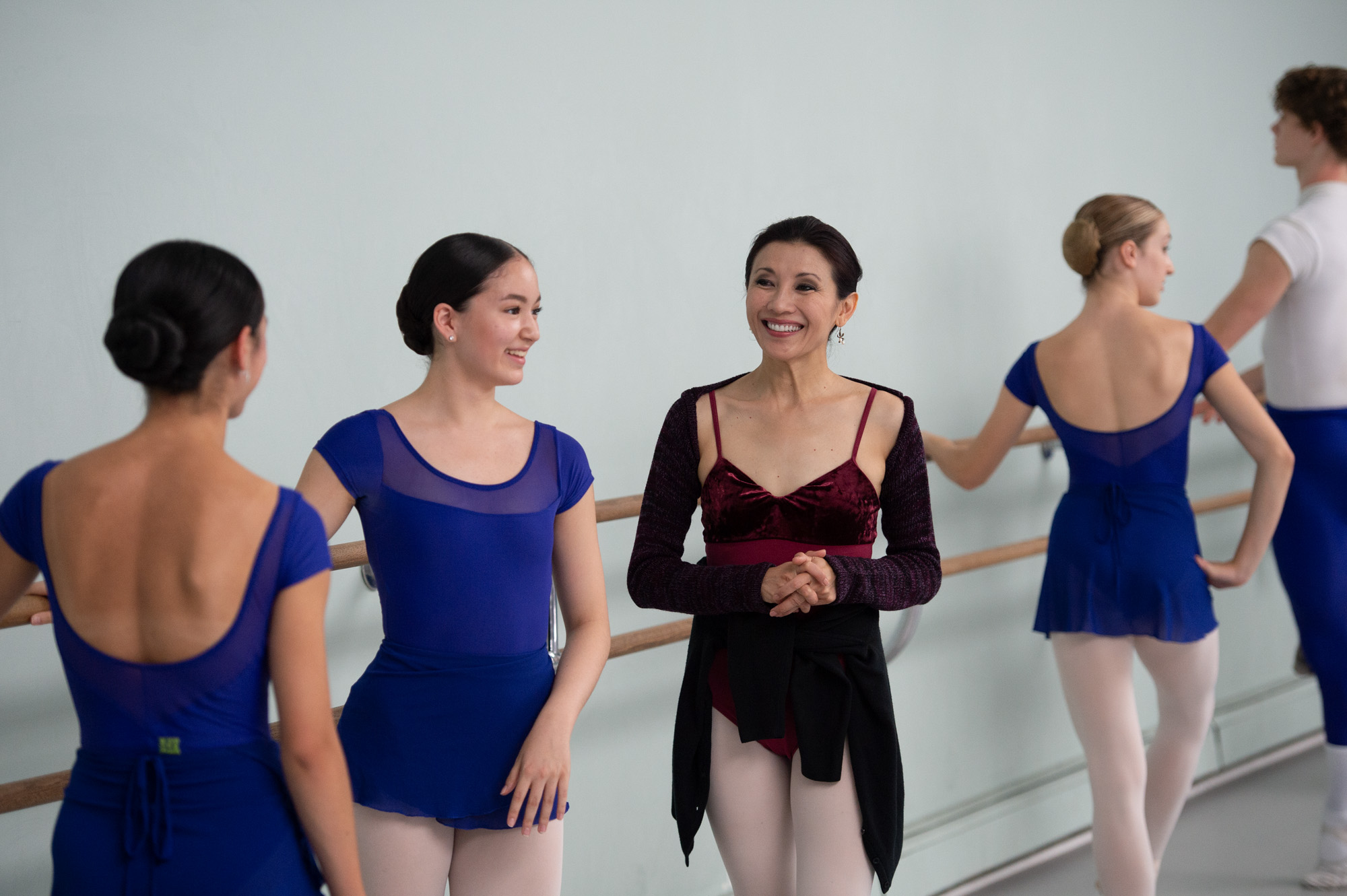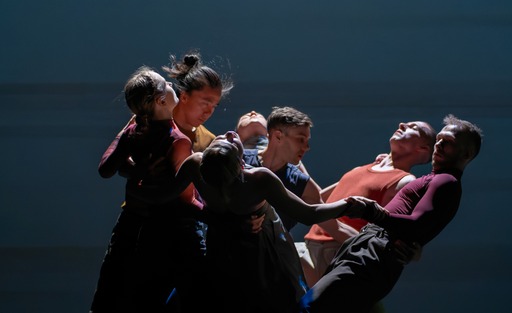The DNB – An Educational Journey
The Dance Notation Bureau (DNB) has been pivotal in the evolution and dissemination of Labanotation since its establishment in 1940. Initially found to standardize notation system, the DNB has preserved a diverse array of choreographic works and educated generations of dancers, stagers, and researchers. This article explores the educational journey of the DNB, tracing its development from its inception to its current status as a leading institution in dance notation. Key milestones include the adaptation of Labanotation, expansion into digital technologies, and innovative interdisciplinary
GOH BALLET CANADA. History and Achievments.
Recognized to be a combination of intricate choreography, scenic design, atmospheric lighting, accentuated costuming, graceful movements and a personification of music, Ballet is a dance like no other. It can be used to express our deepest emotions or to tell the most profound stories and has been globally influential, defining the foundational techniques used in many other dance genres and cultures.
Towards a global campus The strategic design of the Royal Conservatory of Antwerp as a case
The Royal Conservatoire of Antwerp – nowadays a faculty of AP university of Applied Sciences and Arts - was founded in 1898 and has a history of 126 years. It is one of the few conservatoires in Europe that offers professional training courses in three domains of performing arts: music, dance and drama. As a Belgian dancer and educator, Mrs. De Groote, the President of AP University, has served the European Association of Conservatoire as Vice Chairwoman for 4 years and Chairwoman for 6 years. As
The role of the Creative and Cultural Sector in supporting Democratic Attitudes
Participation in cultural activities can be a driving force to enhance young people’s democratic attitudes and engagement in inclusive, diverse and egalitarian civic societies. To this end, the European Union attributes increasing importance to access to arts and cultural activities for all children and young people. This has led to the need to improve the systems that enable effective collaborations between schools, cultural and creative organizations and professionals in the design and implementation of participatory arts activities. An improved understanding of the synergies that enable primary
Submission Future Dance Education – Universiti Malaya
Dance was essential in primitive human activities such as rituals, ceremonies, healing, and social interactions. With changes in human ecology, it has become an artistic form and academic discipline. Since gaining significance in the educational setting, education is essential in determining the sustainability of the dance industry. At the same time, there are issues when dance evolves from a sociocultural setting to an academic one. Therefore, this paper intends to review the topic of dance education in the past from a global perspective through a literature review
Dancing Towards Student-Centricity_ Embracing the Thinking and Living Body in Dance Pedagogy
This paper considers how the dance programmes at LASALLE College of the Arts, University of the Arts Singapore develop the curriculum, assignments, projects and class delivery around a concept of the “thinking and living body” to create a student-centered dance pedagogy. Since our “lived experiences” (Merleau-Ponty, Phenomenology of Perception) are only made possible by and through our bodies, we start with the student dancer’s body, to create a teaching and learning approach in which the students influence the content, activities, mode of delivery, rhythm and pace of
Article by A.Turginbayeva Kazakh National Academy of Choreography
Choreographic education plays an important role in modern society, combining art, culture and physical development. The article analyzes choreographic education in Kazakhstan from its origins to the present. Multi-level training, system and achievements of modern professional choreographic education are considered on the example of the Kazakh National Academy of Choreography, Astana.
ANGIELSKI CHINY KONFERENCJA ZDJĘCIA – National Academy of Theater Arts (Poland, Krakow)
The primary manifestation of life is movement. Conscious use of movement is also one of the fundamental tools in an actor's toolkit, which helps build a character.
Dance Education for the Future – National Academy of Theater Arts (Poland, Krakow)
Anthropology of experience and dance theater as a direction of a cultural and creative educational and research process
Dance and Senses – Academy of Music in Katowice
In this article I am proposing to look at the subject of regional dance culture as well as the contemporary structure of cultural ecology from the perspective of the anthropology of the senses which may be viewed through the lenses of the ecology of creativity.









